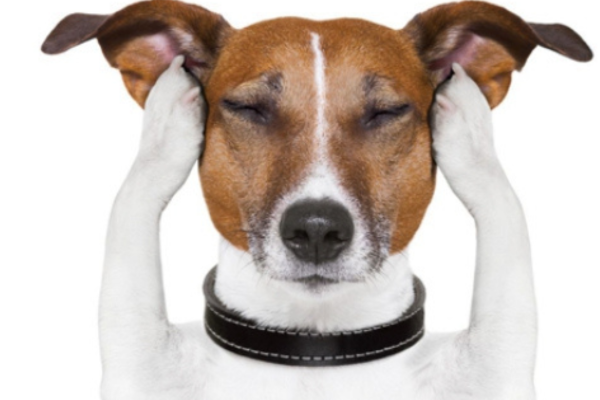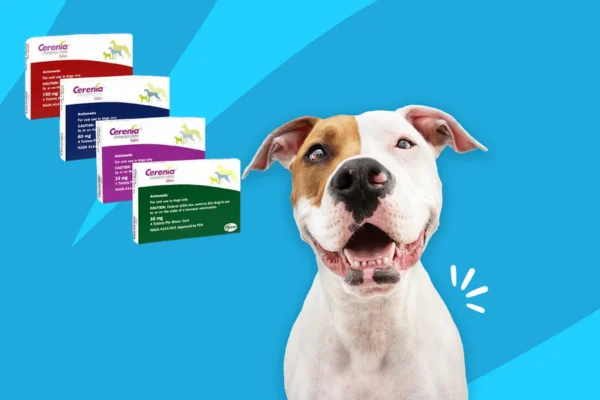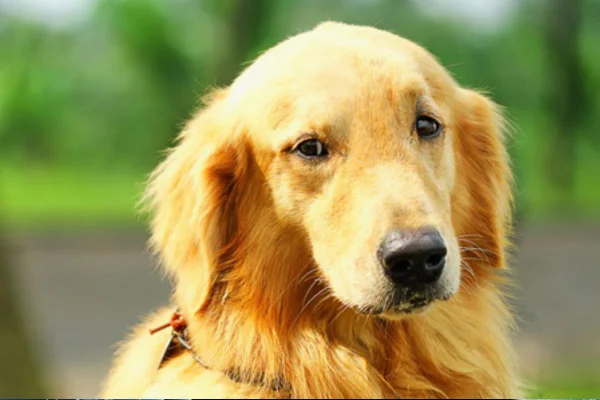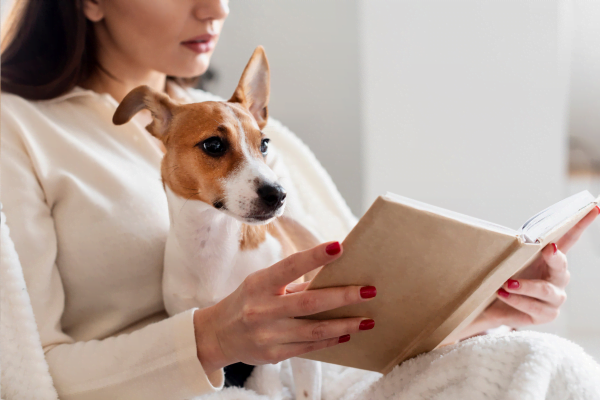Sounds dogs hate and why: Understand the noises that affect your four-legged friends
Introduction
Sounds dogs hate and why: When living with our canine companions, it's essential to understand how certain sounds can affect their well-being and comfort. After all, dogs have much more sensitive hearing than humans, and specific noises can cause discomfort and even stress in our four-legged friends.
In this article, we'll explore the sounds that dogs hate and the reasons behind this aversion, providing valuable insights to ensure a peaceful and harmonious environment for our furry friends.
Contents
Why do sounds bother dogs so much?
Dogs have acute hearing, capable of detecting a wide range of sound frequencies. This auditory sensitivity is an evolutionary adaptation that helps them detect prey, communicate with other animals and perceive potential threats in their environment. However, this same sensitivity makes them susceptible to loud and sudden sounds, which can cause discomfort and anxiety.
Sounds that can upset dogs
Some of the most common sounds that can disturb dogs include fireworks, thunder, vacuum cleaners, alarms and car horns. These noises are usually loud and abrupt, causing stress and fear in dogs. In addition, certain frequency tones, such as the high-pitched ones produced by whistles or sirens, can also be particularly irritating for dogs' sensitive ears.
Fireworks: Explosions of fear and anxiety
Fireworks, with their sudden explosion and intense glare, are a common source of stress for dogs. For dogs, these unpredictable noises can be interpreted as a sign of imminent danger, triggering a fight or flight response. Many dogs experience extreme anxiety and fear during fireworks events, which can result in destructive behavior, escape attempts and even injuries caused by panic.

Thunder: Nature's rumble that scares the furry ones
Thunder, with its powerful and vibrant rumble, can be a source of stress for sensitive dogs. Just like fireworks, thunder is a sudden and unpredictable noise that can trigger a fear response in dogs. Many dogs react to thunder by hiding, trembling or seeking comfort close to their owners. Repeated exposure to thunderstorms can increase dogs' sensitivity to these noises, making them increasingly disturbing over time.
Vacuum cleaners: The metallic roar that awakens the instinct to flee
Vacuum cleaners, with their loud and constant sound, can be extremely disturbing for dogs. For dogs, the intense noise and repetitive movement of the vacuum cleaner can trigger a stress and discomfort response. Many dogs have a natural aversion to vacuum cleaners, associating the loud and frightening sound with the presence of a potential threat. As a result, it is common for dogs to run away or hide when the vacuum cleaner is turned on, seeking safety and protection in quiet areas of the house.
Alarms: Shrill alerts that set off an alarm in canine hearts
Alarms, with their shrill and persistent sounds, can be a significant source of stress for dogs. For dogs, alarms represent a signal of imminent danger, triggering an alert and anxious response. The sudden, high-pitched sound of alarms can frighten puppies and trigger escape or hiding behaviors. Many dogs find it difficult to calm down after an alarm has been activated, taking some time to regain their state of calm and relaxation.
Car horns: Urban noises that disturb dogs' sensitive ears
Car horns, with their loud and penetrating sound, are a common source of stress for dogs living in urban environments. For dogs, the sudden, high-pitched sound of car horns can be frightening and disturbing. Many dogs react to car horns by barking, running or seeking shelter indoors. The constant noise of urban traffic can increase dogs' anxiety and contribute to stress-related behavioral problems.
Hair dryer:
The loud sound and wind produced by the hairdryer can frighten dogs, especially if they are not used to it.

To help your dog deal with sounds that bother him, it's important to create a safe and calm environment at home. This can include the use of desensitization strategies, such as gradually exposing your dog to problematic sounds at low volumes and rewarding calm and relaxed behaviour. In addition, offering refuge in quiet and welcoming areas, such as a crate or a soundproofed room, can help dogs feel safer and more secure during episodes of intense noise.
Damage to dogs' health
- Stress and anxietyLoud and sudden sounds, such as fireworks and thunder, can trigger stress and anxiety in dogs. This can lead to behaviors such as trembling, excessive vocalization, escape attempts and even fear aggression.
- Noise phobia: Repeated exposure to sounds that dogs find frightening can lead to the development of noise phobias. Dogs with noise phobia can react extremely to these sounds, showing signs of intense panic and even causing self-injury when trying to escape the noise.
- Physical injuriesIn extreme cases, dogs frightened by loud noises can injure themselves trying to run or hide. They can injure themselves by jumping over fences, breaking windows or getting tangled in objects while trying to escape the noise.
- Health problemsChronic stress caused by repeated exposure to frightening sounds can have a negative impact on dogs' general health. It can contribute to health problems such as digestive disorders, suppression of the immune system and broader behavioral problems.
- Deteriorating quality of lifeDogs suffering from noise phobias or chronic stress due to frightening sounds can experience a significant deterioration in their quality of life. They may avoid outdoor activities, become reclusive or have difficulty interacting with their guardians and other pets.
How to prevent damage to your health
There are several ways to mitigate the damage caused by sounds that dogs hate and to help dogs cope with these stressful situations. Here are some strategies that may be useful:
- Create a safe environment at homeDuring events that can cause dogs stress, such as fireworks or storms, create a safe environment indoors. Close doors and windows to reduce outside noise and create a cozy space with toys, blankets and your dog's bed.
- Use desensitization techniquesGradually expose your dog to the sounds he fears, starting with low volumes and gradually increasing them as he gets used to them. You can find recordings of these sounds and play them at home while doing positive activities with your dog, such as playing or offering treats.
- Provide distractionsDuring stressful events, distract your dog with activities he enjoys, such as interactive play, obedience training or cuddling and massage sessions. This can help divert his attention away from the frightening sounds.
- Use soothing productsThere are products on the market such as anti-stress vests, calming pheromone sprays and diffusers that can help calm dogs during stressful situations. Consult your veterinarian for recommendations on which products might be most suitable for your dog.
- Train your dog to deal with stress: Teach your dog basic obedience commands, such as "sit" and "stay", so that he can focus on you and follow your instructions during stressful times. Obedience training can help dogs feel more secure and confident in uncomfortable situations.
- Consult a veterinarian or animal behavior specialistIf your dog suffers from noise phobia or chronic stress, consult a veterinarian or animal behavior specialist. They can offer personalized guidance and treatment recommendations to help your dog cope better with the sounds that frighten him.
Conclusion: Sounds dogs hate and why?
Understanding the sounds that dogs hate and the reasons behind this aversion is fundamental to promoting the well-being and mental health of our furry friends. By recognizing the noises that can upset dogs and adopting measures to minimize their impact, we can create a more harmonious and peaceful environment for our canine companions. With patience, understanding and care, we can help our dogs overcome their fears and enjoy a happy and healthy life by our side.
Thanks for stopping by, check out our other work too
https://vettopbr.com/tosse-em-caes/
Sounds that dogs hate and why?







